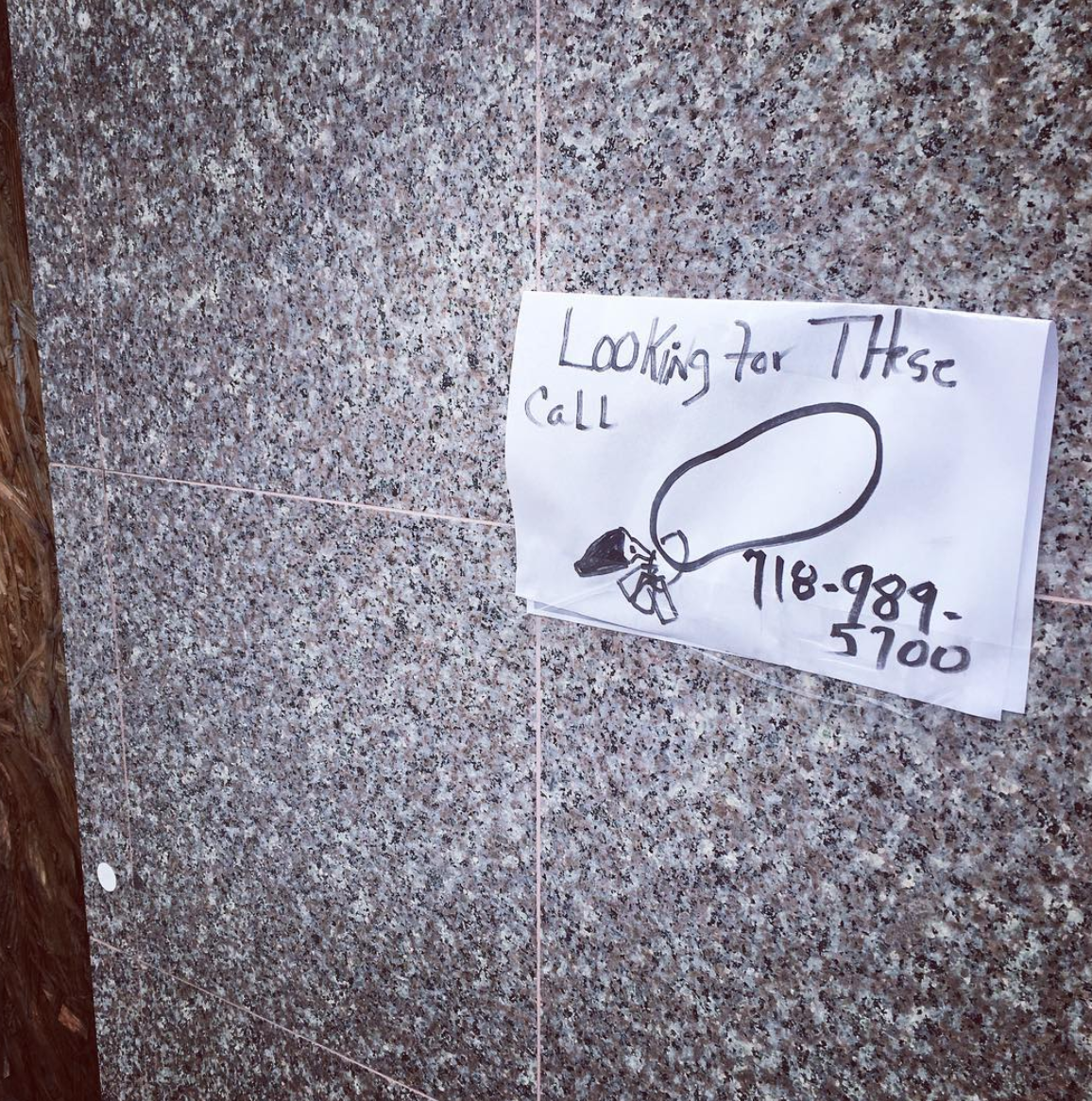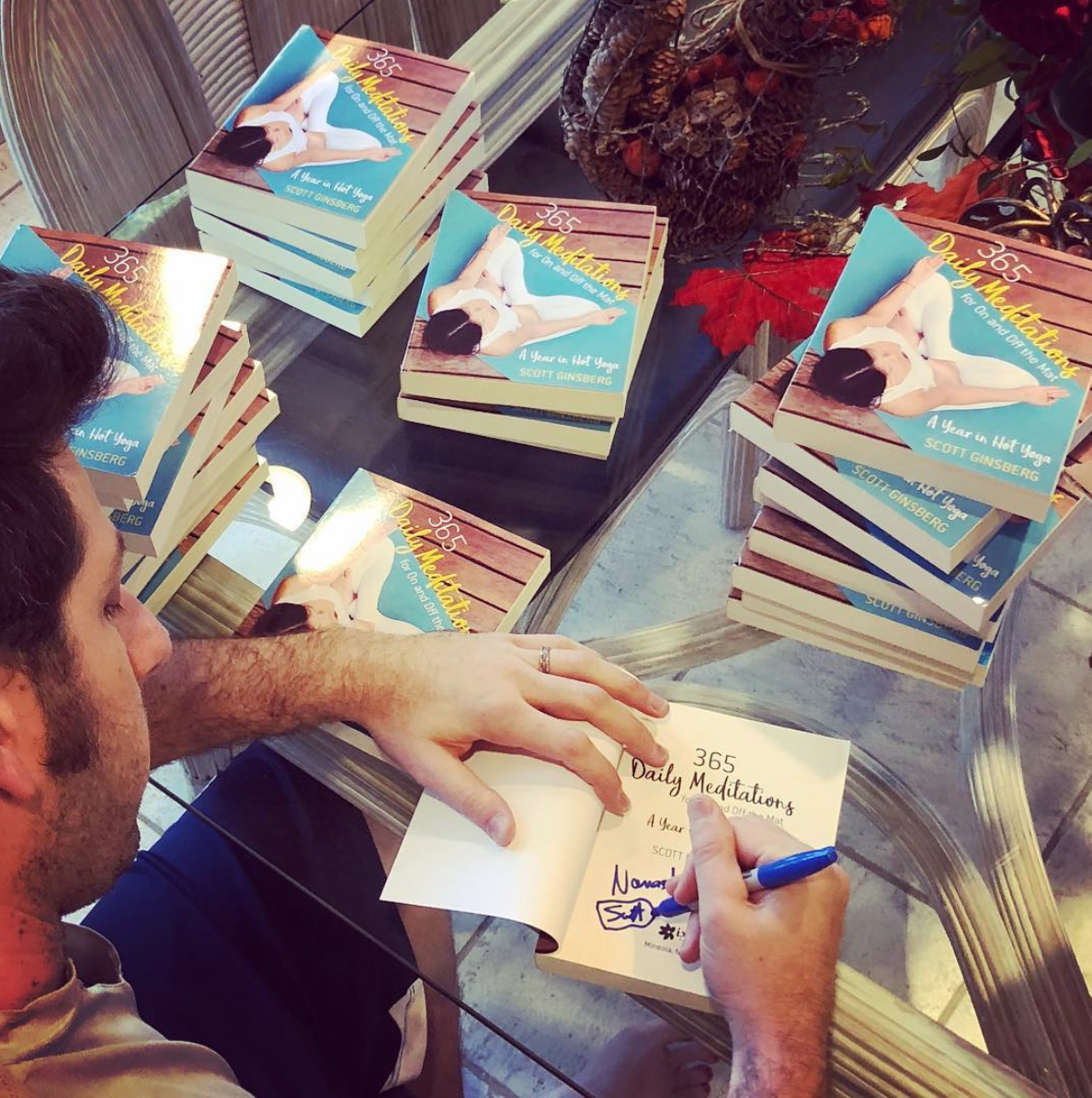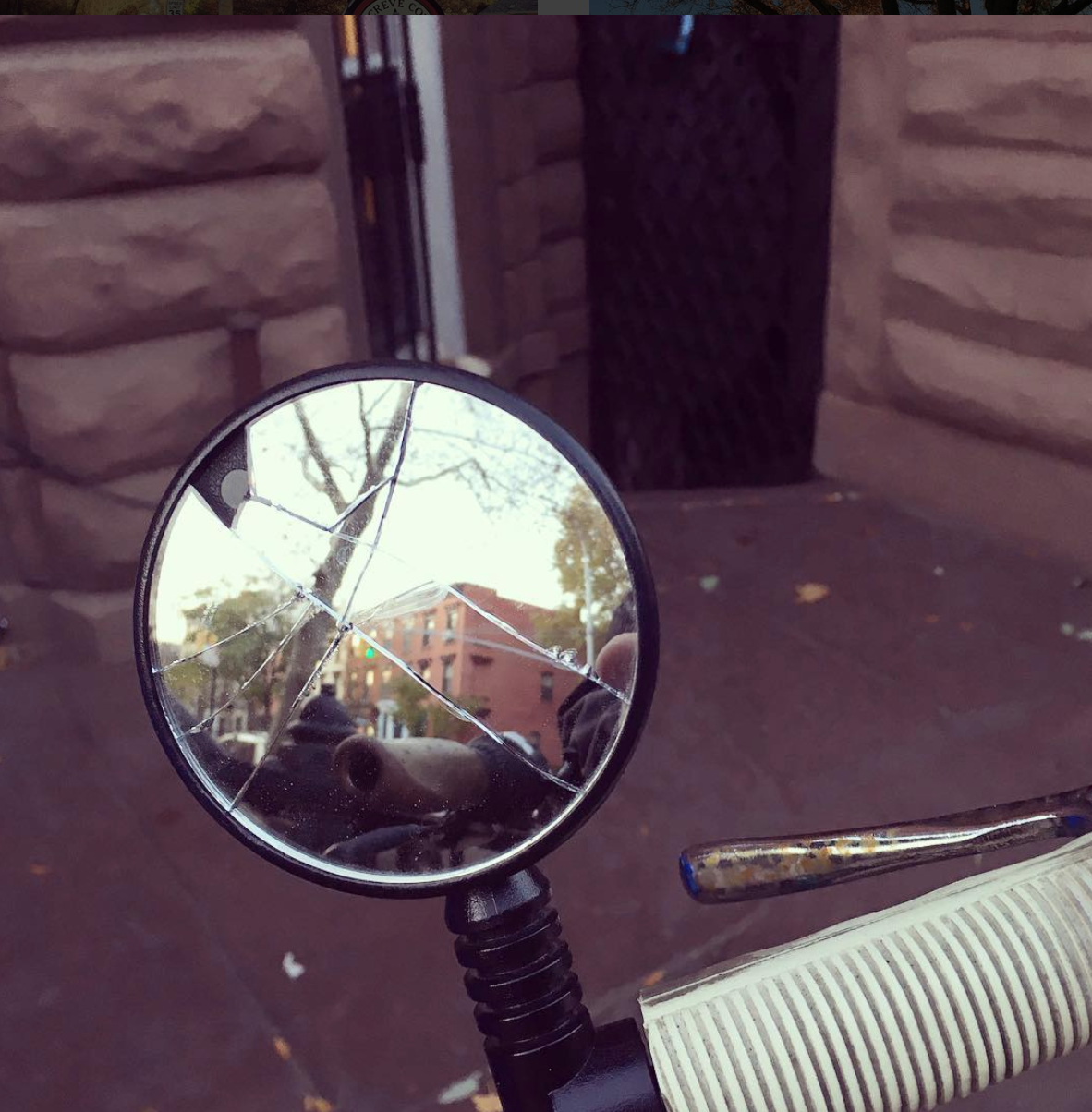
Carlin believed that a sense of humor was a sense, an understanding and a feeling for what didn’t fit, for the incongruous, for that which was out of place or in the wrong scale.
What a beautiful way to comprehend the world. Laughing our way to clarity and wisdom.
The challenge, though, is making sure there isn’t an emotional casualty in the process.
Because when we resort to humor as the default mode to defend against our own insecurities, using jokes to deflect attention away from the deeper issue at hand, we miss out on a moment of true intimacy.
It’s like the standup comedian who sees a therapist for the first time. Now that he has a captive audience for an hour, he locks into performance mode. And instead of honestly answering the shrink’s questions about his debilitating depression, he uses them as prompts to crack jokes and run bits and do shtick.
To which the therapist thinks, look, I’m sure you’re very funny, but I’m sure that’s not why you’re here.
Touché, doctor.
I’ve always struggled with this issue. The entertainer in me supersedes the feeler. I hide from my feelings by making fun of everything, using humor as a means to avoid difficult issues.
Just keep them laughing, the entertainer whispers, and that will prevent anyone from seeing just how much we’re hurting inside.
And the sad part is, it works quite well. Making a joke is easier, safer, more fun and more convenient than actual having emotions.
Psychologists have proved this time and time again. Our sense of humor is a mature defense mechanism we invoke to guard ourselves against the overwhelming anxiety of being human.
It diminishes and eliminates the moment by moment suffering we might otherwise experience.
The question is, at what cost? What level of human connection might we be missing out on by using humor to keep a tight rein on our emotions?
Are we trivializing our feelings by using them as the raw material for our next comedy routine?
Perhaps we should confront the entertainer inside of us and say, look, I’m sure you’re very funny, but I’m sure that’s not why you’re here.
LET ME ASK YA THIS…
What techniques are you using to try not to feel your emotions and cope with how you’re feeling?
* * * *
Scott Ginsberg
That Guy with the Nametag
Author. Speaker. Strategist. Inventor. Filmmaker. Publisher. Songwriter.
 Buy my latest devotional!
Buy my latest devotional!
A Year in Hot Yoga: 365 Daily Meditations for On and Off the Mat.
Now available wherever books are sold.
Namaste.


















